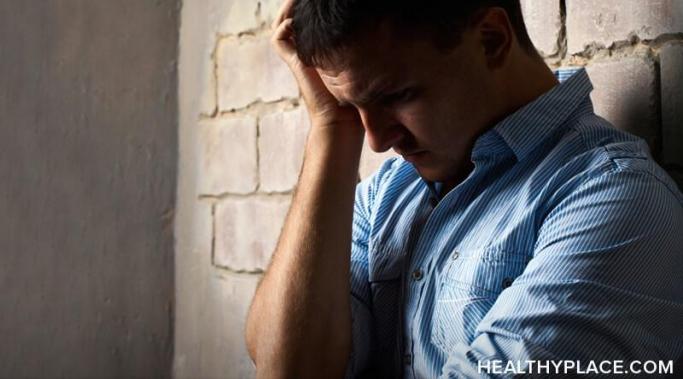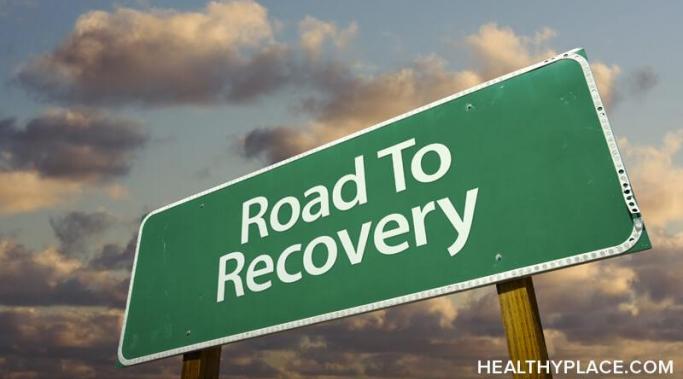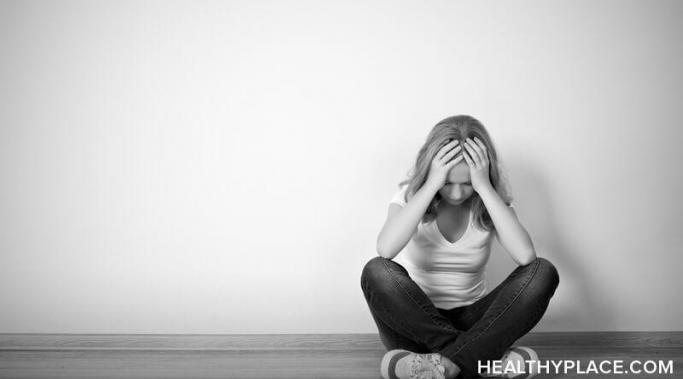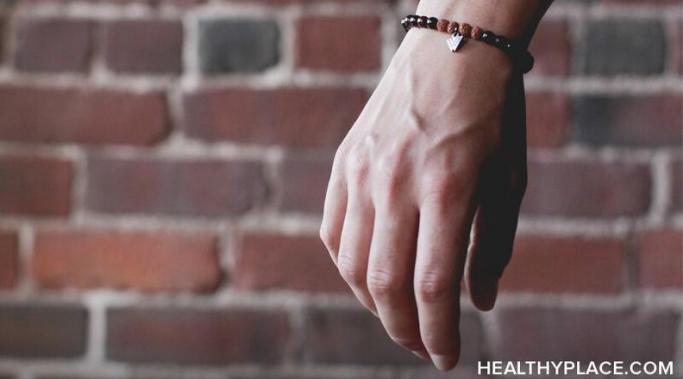When talking about self-injury, often we are describing the act of causing oneself physical harm or pain. But can self-harm be emotional, too?
Self-Harm Relapse
There are several milestones leading up to the early stages of self-injury recovery. First, is the recognition of the problem. Second, is the recognition of wanting to do something about the problem. Third, is actually taking action to address the problem. Fourth, is arriving, finally, to a point at which what you have gained from your efforts to recover from self-injury outweigh the problem of self-harm itself.
I have been in self-harm recovery for the past 10 years, but I didn't always know how to recognize self-harm triggers. When I was a teenager, I went to therapy to help me get over my self-harm addiction. One day, my therapist asked me “Why do you think you self-harm?” Until that moment I never really thought about the reasons behind why I self-harm. I always just thought it was the way I coped with different situations in my life. We started to brainstorm some situations, people, and events that trigger my self-harm urges. It’s beneficial to recognize self-harm triggers so you can find healthier coping skills to handle your stress.
When I was first in self-harm recovery, school was one of my major triggers. Back to school anxiety always make me fear I was going to relapse. With all of the due dates, friend drama, and the pressure to do well in my classes, school was a very stressful time for me. I had a very hard time managing my self-harm urges when I was in high school, but when I started self-harm recovery in college I started to find some healthier coping skills to handle the stresses of life. In this blog post, I am going to be sharing with you three things that helped me manage my self-harm urges while in school.
Handling a self-harm, self-injury relapse can seem impossible after you've done all the work that goes into recovery. After all, recovering from self-harm is a long and harrowing process, but it is possible to go into full recovery and when you do, it is one of the best feelings you can experience. Struggling so long with the issues, reasons, and various feelings and emotions that lead to self-injurious behavior can leave us downtrodden and ready to give up. Not giving up gives us a sense of purpose and drive. We are trying to accomplish the major goal of overcoming a self-injury addiction. But with all addictions, there is the possibility of relapse. How do you handle a self-harm relapse?
When you are filled with intense emotion, your brain tends to think in ways your body is not used to. You start to see your surroundings through a foggy lens and your thoughts are not the clearest to decipher. You may think back to a time when you felt similar emotions and that self-harm flashback could cause you to fall back into self-injury.
When seasons change, so do our bodies. Our bodies become shocked when temperatures go from sunny and warm to windy and cool and it often takes a toll on our physical and mental wellbeing. Sometimes allergies tend to act up and skin goes from being soft and tan to blotchy and dry, and the flu begins it's season. Along with physical health issues, our mental health takes a toll as well when seasons change.
In one of my earlier blogs, I discussed something called body-focused repetitive behaviors. These are behaviors almost every human being deals with and doesn’t realize it is a different version of self-harm – picking hang nails, biting nails, picking at zits or pimples are just a few common ones. Typically, these behaviors are not done to distract, release frustration or to emotionally connect to the pain. Usually, body-focused repetitive behaviors are done without realization.
So, why am I bringing this up again? It goes back to my face and how I fell on it this weekend.
Everyday is a struggle – all those dealing with anxiety's racing thoughts and self-harm understand that. But anxiety is an issue that every human being puts up with, whether or not they want to admit it. For those who cut, pull hair, burn or head-bang, anxiety is usually what controls the self-harming behaviors (When Anxiety Leads to Self-Injury).








